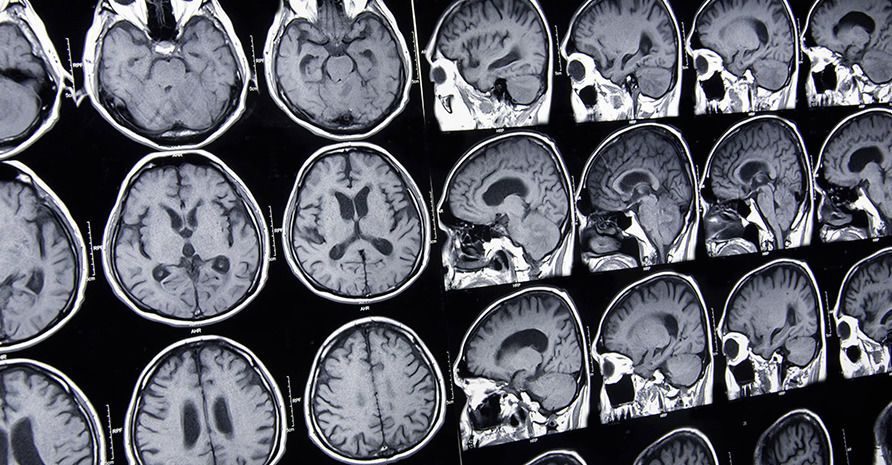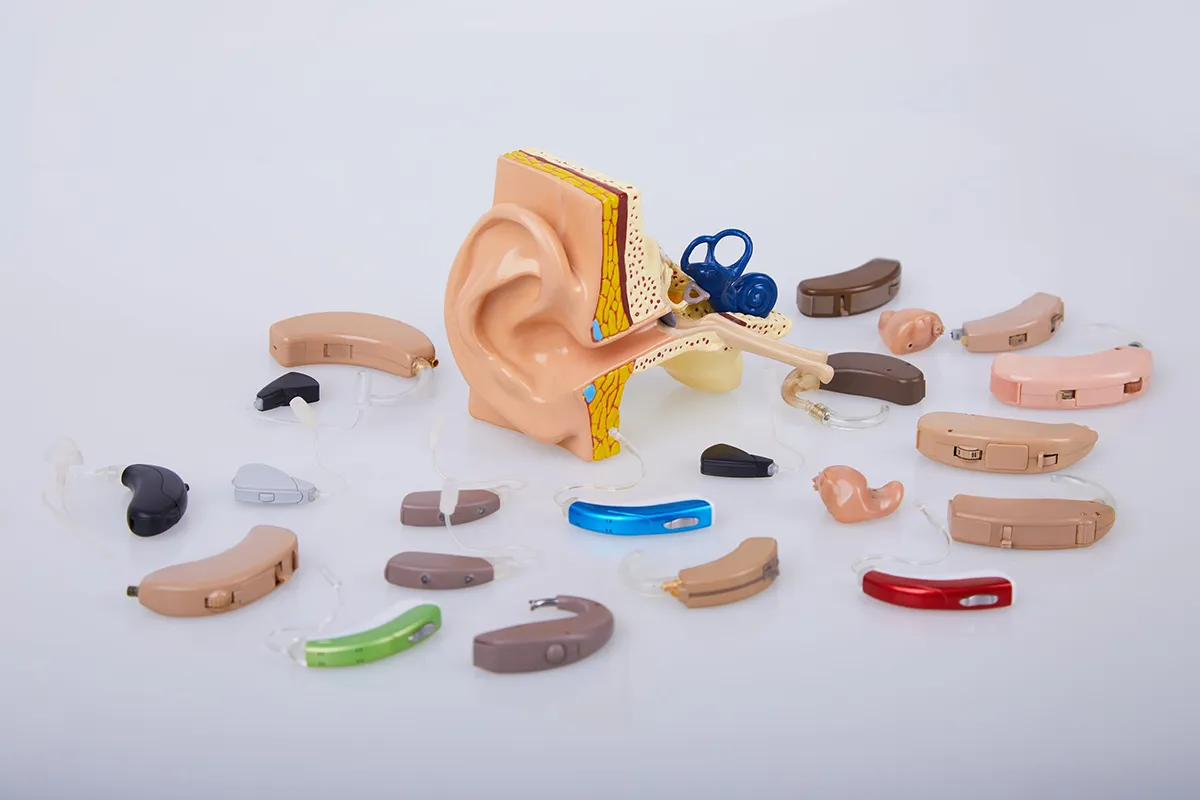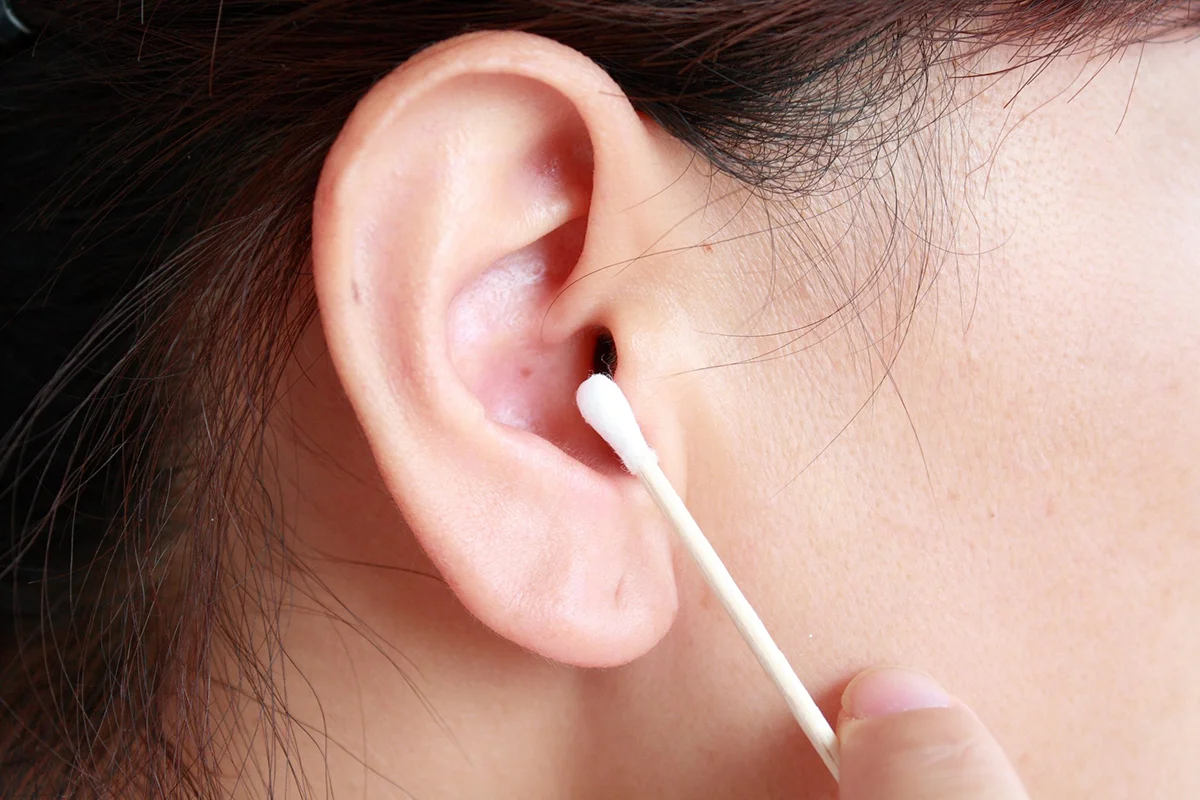Auditory stimulation plays an important role in staving off cognitive decline and dementia (possibly to include Alzheimer’s disease). In this regard, engaging in social activities can be necessary to a person’s health. For someone whose auditory experiences fall outside of normal hearing, seeking treatment could benefit not just one’s social life but also quality of life and quality of health care—and get them back to enjoying time with friends, family members, and coworkers.
The Effects of Hearing Loss in Adults
According to the Academy of Doctors of Audiology (ADA), a nationwide organization focused on promoting quality audiologic care, untreated hearing loss can have a serious impact on adults’ cognitive health, emotional wellness, sociability, physical health, employability, and even the quality of the health care they receive.
Additionally, the negative effects of hearing loss potentially include the development of a communication disorder, the risk for which increases as a person ages. According to a 2016 study in the American Journal of Public Health, two-thirds of adults ages 70 or older suffer from hearing impairment that may affect their daily communication.
Untreated Hearing Loss and Cognitive Decline
“There are serious consequences of untreated hearing loss, starting with the effects on the brain, both in emotional health and in mental health,” says Dr. Victor Bray, M.Sc., Ph.D., FNAP, and a past president of the ADA who now sits on the board of directors of the Audiology Awareness Campaign. “And we need to be able to reach people and get them hearing help.”
Bray continues, “Depression, anxiety are both known to be side effects of untreated hearing loss. The person loses touch with their community. They’re in a state of stress, which results in fatigue, and it’s very tiring to have untreated hearing loss. The brain in people with hearing loss has actually been shown to atrophy, especially in areas that are stimulated by the auditory system. They’re not getting auditory stimulation. That part of the brain is not being utilized, and there are consequences. And this contributes to things like cognitive decline and dementia.”
A 2020 report by the Lancet Commission found hearing loss to be one of the topmost risk factors for dementia. This might be connected to the social isolation that can result in varying degrees from severe hearing loss, moderate hearing loss, or even mild hearing loss. Particularly when hearing loss goes untreated, individuals might experience feelings of anxiety, paranoia, and loneliness, all of which can cause a person to pull away from social situations or entire communities. The 2020 study “Social Isolation and Loneliness in Older Adults” published by the National Academies of Sciences, Engineering, and Medicine found isolation to be associated with about a 50 percent higher risk of developing dementia.
 Researchers have found links between people’s hearing health and their cognitive health.
Researchers have found links between people’s hearing health and their cognitive health.
The Impact of Hearing Loss on Quality of Life
In addition to the links to a person’s cognitive health, the ADA says there are connections between the ear and an individual’s physical health, mobility, employment, financial stability, and other factors that could determine a person’s quality of life. For example, certain ailments might lead to a greater risk of hearing problems. Bray explains, “There are linkages between hearing health and heart health, cardiovascular disease, kidneys, chronic kidney disease, the pancreas, diabetes mellitus, type 2 [diabetes]. The presence of all these chronic diseases elevates the risk of having hearing impairment.”
Dr. Alicia Spoor, M.S., Au.D., is a past president of the organization and the ADA’s current advocacy chair. She points out the impact hearing loss can have on people’s balance or mobility. “I also see that increased risk of untreated hearing loss and the risk of falls, which, as we know, as we get older, the risk of falls becomes higher. Untreated hearing loss can compound that.”
Additionally, untreated hearing loss could affect someone’s career success, which, in turn, could affect the person’s finances. Spoor says, “We know that hearing loss can affect … lost wages, your ability to retire, ability to hold a job, [and the] ability to advance in that workplace setting.” In some cases, this can establish a pattern in which poor health creates financial burdens that then lead back to poor health. According to research cited by the Robert Wood Johnson Foundation, income and health are linked—a person’s ability to earn a living and accumulate wealth enables them to enjoy healthier living conditions and better access to health care.
Untreated Hearing Loss and Quality of Care
Spoor points out hearing loss can negatively affect a person’s experiences in the health care system. “If you can’t understand the physician, the nurse practitioner, the dentist, the optometrist, your physical therapist—whoever is working with you to try to improve your quality of life, whether that be conservation, prevention, diagnosis, treatment—it’s really hard to follow through on those types of things,” she says. A potential benefit to undergoing treatment for hearing loss is the ability to improve the quality of care one receives, which could mean ultimately enjoying better outcomes.
Learn about more hearing health topics in this series by Eargo in collaboration with the ADA.
The information contained in multimedia content, interviews, or quotations from third parties (the “Content”) posted represents the views and opinions of the interviewed participants and does not necessarily represent the views or opinions of Eargo, Inc. (“Eargo”).
The production of the Content was paid for by Eargo, although the interviewed participants did not receive any money from Eargo for their participation in the creation of the Content. The Content has been made available for informational and educational purposes only and does not purport to be complete; nor is it intended to be a substitute for professional medical advice. Eargo does not make any representations or warranties with respect to the accuracy, applicability, fitness, or completeness of the Content.




